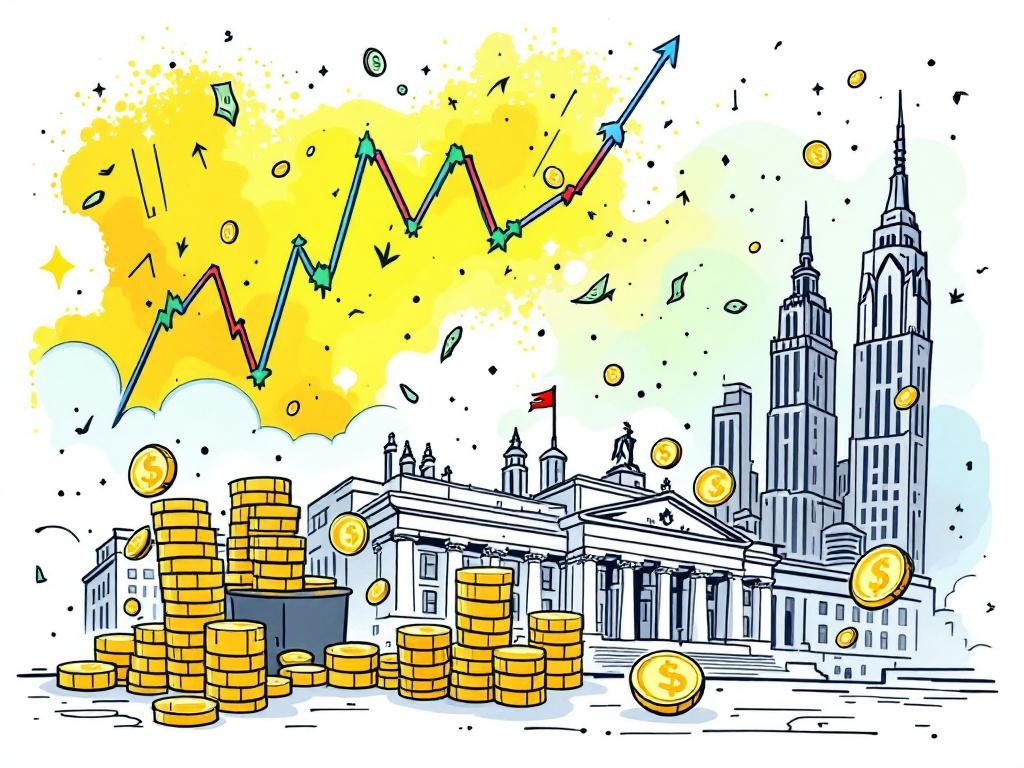Rising Inflation Expectations Amidst Weakening Labor Market

New York, Wednesday, 8 October 2025.
On October 7, 2025, the New York Fed reported an increase in short-term inflation expectations to 3.4%, amid deteriorating labor market outlook, posing challenges to economic stability.
Inflation Expectations and Their Economic Implications
The September 2025 Survey of Consumer Expectations by the Federal Reserve Bank of New York revealed that inflation expectations for the year ahead rose to 3.4%, up from 3.2% in August 2025. This marks the highest level in five months and indicates a growing concern among consumers about rising prices [1][2]. The survey, conducted from September 1 to September 30, 2025, noted expectations for higher costs in food, gas, medical care, and rent, while expectations for the cost of college education slightly decreased [1][3].
Deteriorating Labor Market Outlook
Contrasting the rising inflation expectations, the labor market outlook is showing signs of weakening. The mean unemployment expectations increased by 2.0 percentage points to 41.1% in September 2025, illustrating a heightened concern about job security [1][4]. Additionally, the perceived probability of losing one’s job rose to 14.9%, exceeding the average of the past year, while the likelihood of voluntarily leaving a job also saw an increase [1][3]. These figures suggest a challenging environment for job seekers and a potential slowdown in wage growth.
Economic Challenges and Policy Responses
The simultaneous rise in inflation expectations and weakening labor market indicators pose significant challenges for economic stability. The Federal Reserve’s inflation target remains at 2%, yet the current inflation levels continue to surpass this target, complicating the central bank’s policy decisions [5]. The Federal Open Market Committee is scheduled to meet later this month to address these economic concerns, with potential rate cuts on the agenda to stimulate the labor market [5][6]. However, balancing inflation management with employment growth remains a delicate task.
Impact on Consumers and Market Sentiment
The rising inflation expectations and deteriorating labor market outlook are likely to impact consumer confidence and spending behaviors. With anticipated higher costs in essential goods and services, households, particularly lower and middle-income ones, may experience increased financial strain [6][7]. Additionally, the broader economic sentiment remains cautious, as observed in the decline of consumer credit growth and weakening global PMIs, which further underscores the uncertainties faced by the economy [8].
Sources
- www.newyorkfed.org
- tradingeconomics.com
- www.reuters.com
- www.newyorkfed.org
- www.bloomberg.com
- stockstory.org
- www.haver.com